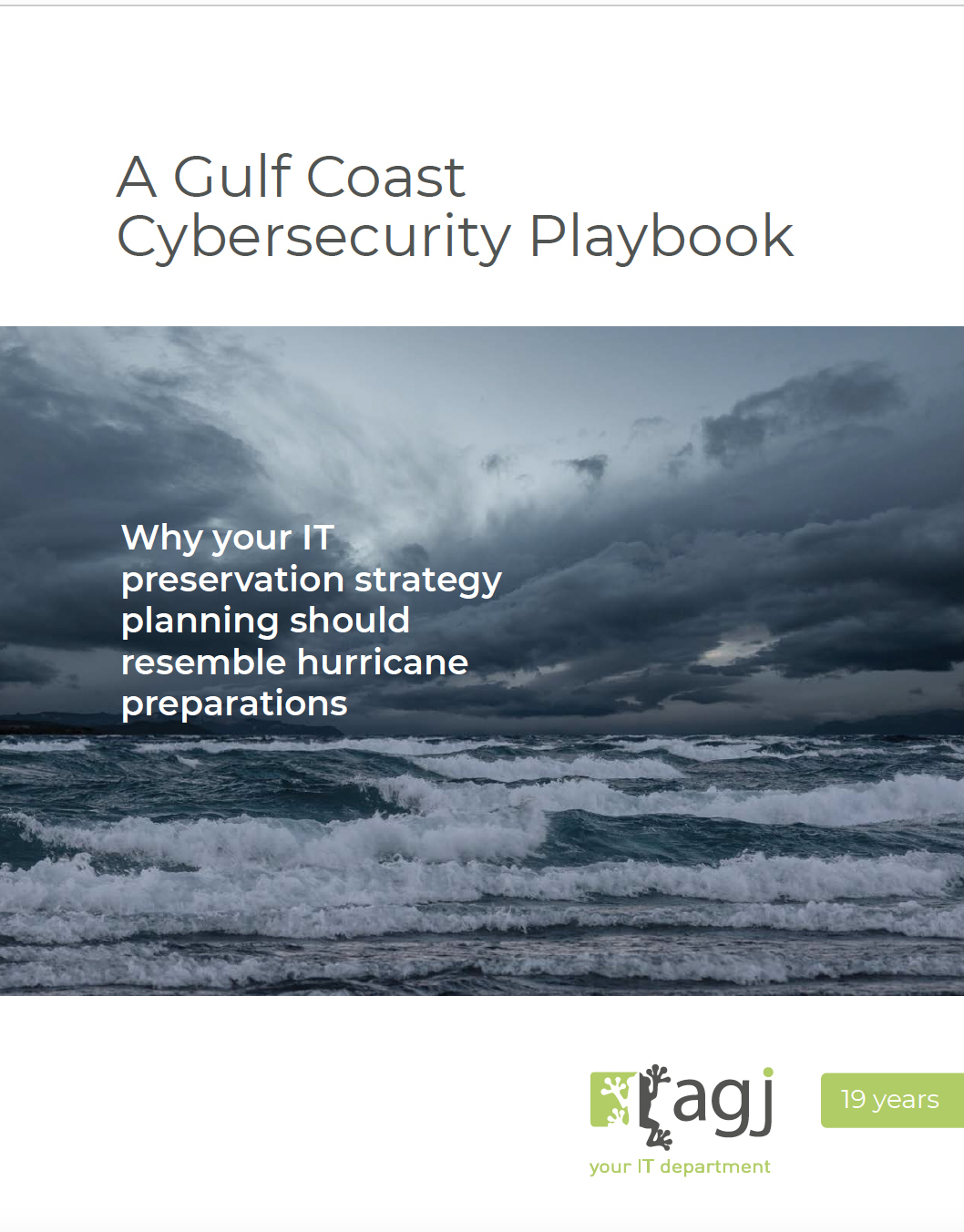What do IT compliance and March Madness have in common? The similarity lies in the madness. Madness is a word that has been used to describe cybercrime again and again. And with good reason:
- Cybercrime has increased by 600% since the onset of the COVID-19 pandemic
- The average cost of a data breach has hit $3.86 million
- 89% of healthcare organizations were victims of a data breach in the past two years
Madness. And cybercrime is showing no signs of slowing down. This is why governments, industry representative groups, and regulatory bodies have had to step in and get involved in making cybersecurity compliance mandatory in several sectors.
Why IT Compliance is so Critical
IT compliance refers to the legal, regulatory, internal and/or security obligations that an organization is expected to observe and follow from an information technology and management perspective. Oftentimes, these compliance rules are in place to protect the health, safety and well-being of others. Failure to follow compliance regulations can have wide-sweeping implications including potential fines, penalties, lawsuits, work stoppages, business closures and, in extreme instances, even criminal and civil penalties. In order to demonstrate full compliance, companies must create and maintain compliance reports that can be produced on demand during an audit by the regulatory body.
As businesses evolve and grow, so do their IT compliance requirements. This is where working with a managed IT services provider comes in handy because it’s extremely difficult for businesses to constantly stay on top of changing regulations on their own. Corporate compliance programs should detail external regulations and the internal policies in place to ensure compliance, as well as stipulate employee training requirements. These compliance programs should be regularly evaluated and tested, given that compliance controls will change as the organization and risks change.
Ensuring compliance takes focused attention and well-documented processes. But compliance regulations exist for very real and compelling reasons. Cybercrime is growing at an alarming rate, and the bad actors perpetrating these crimes are ruthless and relentless. As our cybersecurity playbook emphasizes, ensuring proper compliance is just one of many steps in ensuring that your organization is as secure and protected as possible in a world of increased IT risks and vulnerabilities.
Access our no-cost cybersecurity playbook
Most Common Compliance Audits
There are several different types of compliance audits, spanning a variety of industries and sectors. Here, we review three of the most common compliance audits.
Cybersecurity Maturity Model Certification
The Cybersecurity Maturity Model Certification (CMMC) is a cybersecurity baseline that every single contractor, sub-contractor, or entity working with the Department of Defense (DoD) is required to meet. The CMMC is designed to ensure that all defense contractors maintain, at minimum, a basic level of cybersecurity hygiene to protect sensitive defense information. The CMMC framework includes a comprehensive security certification element to validate the implementation of processes and practices associated with meeting cybersecurity maturity levels.
The assessment will assign a CMMC maturity level (from 1-5) to a company, and each tier builds off the one below it. The level required by a given company will depend on the nature of their contractual obligation and the classification of the data they will be working with. The five maturity levels are as follows:
- Level 1 – Cover the cybersecurity basics
- Level 2 – Introduction of controlled unclassified information requirements
- Level 3 – Safeguard controlled unclassified information
- Level 4 – Detect and respond to advanced persistent threats
- Level 5 – Progressive cybersecurity
The DoD is rolling out CMMC in phases. All defense contracts will require evidence of CMMC compliance by September 30, 2025.
Payment Card Industry
In these times of rampant online shopping, Payment Card Industry (PCI) compliance has been established as a set of standards designed to ensure that the credit card industry consistently and diligently protects sensitive customer data. Any organization that processes, stores, or transmits customer cardholder data must comply with the PCI data security standards (PCI DSS). The PCI DSS is a widely accepted set of policies and procedures that optimize the security of credit, debit, and cash card transactions and protect cardholders from the misuse of their personal information.
Like many compliance programs, these PCI standards are designed to provide a more stable and secure customer experience, leading to a more reliable industry as a whole. Penalties for not meeting PCI security standards range from being hit with a hefty fine to being unable to process credit card data, both of which could be detrimental to a company, particularly those in their early stages or that are reliant on these types of financial transactions.
Health Insurance Portability and Accountability Act
Given that medical information is highly sensitive, the Health Insurance Portability and Accountability Act (HIPAA) was first established in 1966 to protect confidential patient data. Any entity that provides health care services and any business partners, vendors, or service providers that have access to patient information and provide support for care, payments, or transactions must be HIPAA-compliant. This includes doctors, nurses, hospitals and health insurance companies among others.
Organizations that are required to be HIPAA-compliant and suffer from a cyber breach due to non-compliance are served with a sizeable fine and are also publicly lambasted through the dreaded “Wall of Shame” – a website where details on all breaches impacting more than 500 people are posted.
Avoid Compliance Madness with a Managed IT Services Provider
Staying on top of frequently changing compliance regulations and expectations is a big job, and it’s of utmost importance for organizations. AGJ Systems & Networks is Mississippi’s leading managed IT services provider, and our team of compliance experts is fully up to speed on these frequently changing compliance regulations. Our IT compliance assessment includes a review of your current compliance requirements, development of the appropriate security policies and procedures needed to best support these requirements, and continuity and disaster recovery planning.
Reach out to book your free, no-obligation consultation today, and give the compliance madness a skip.




You must be logged in to post a comment.